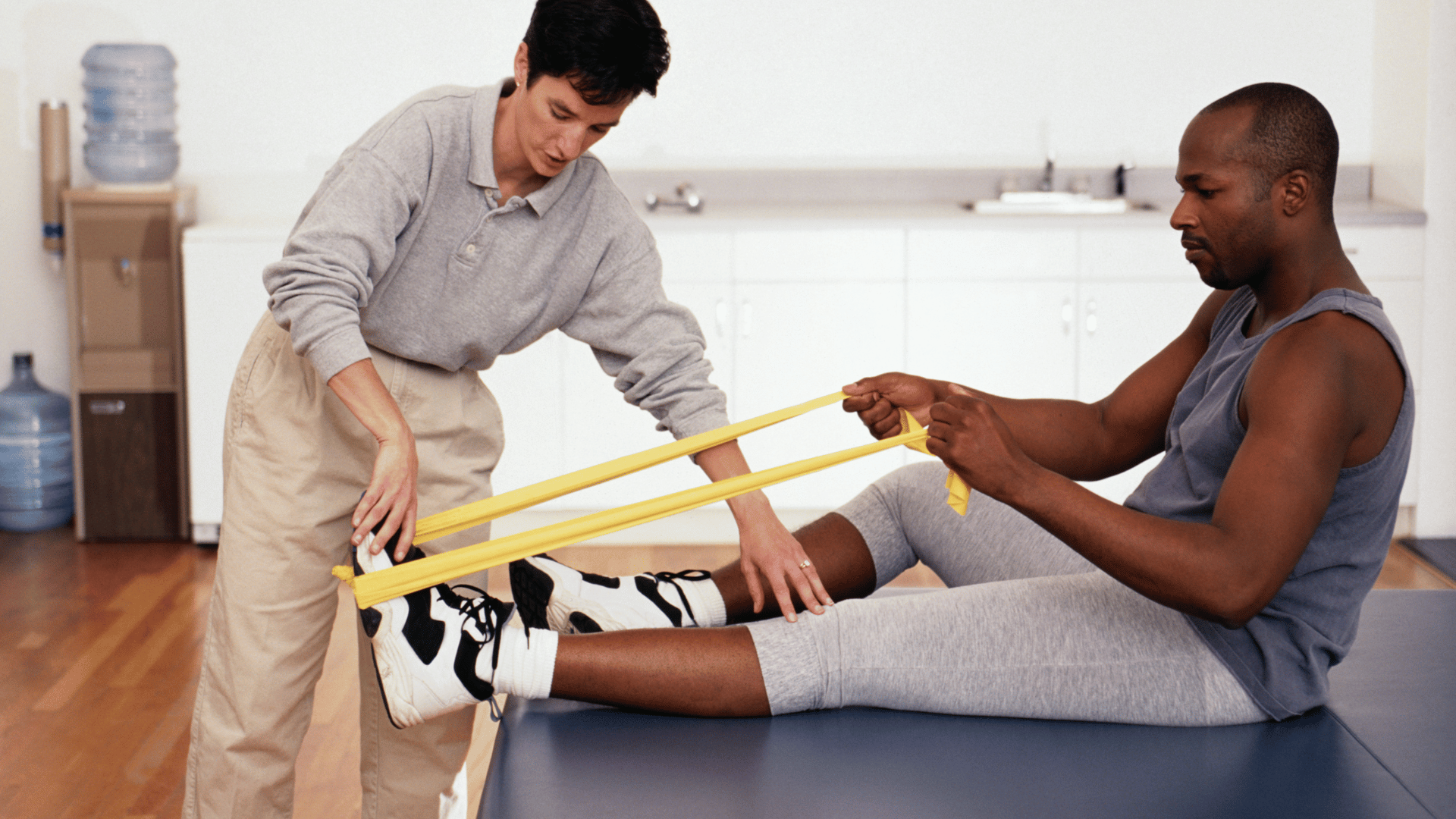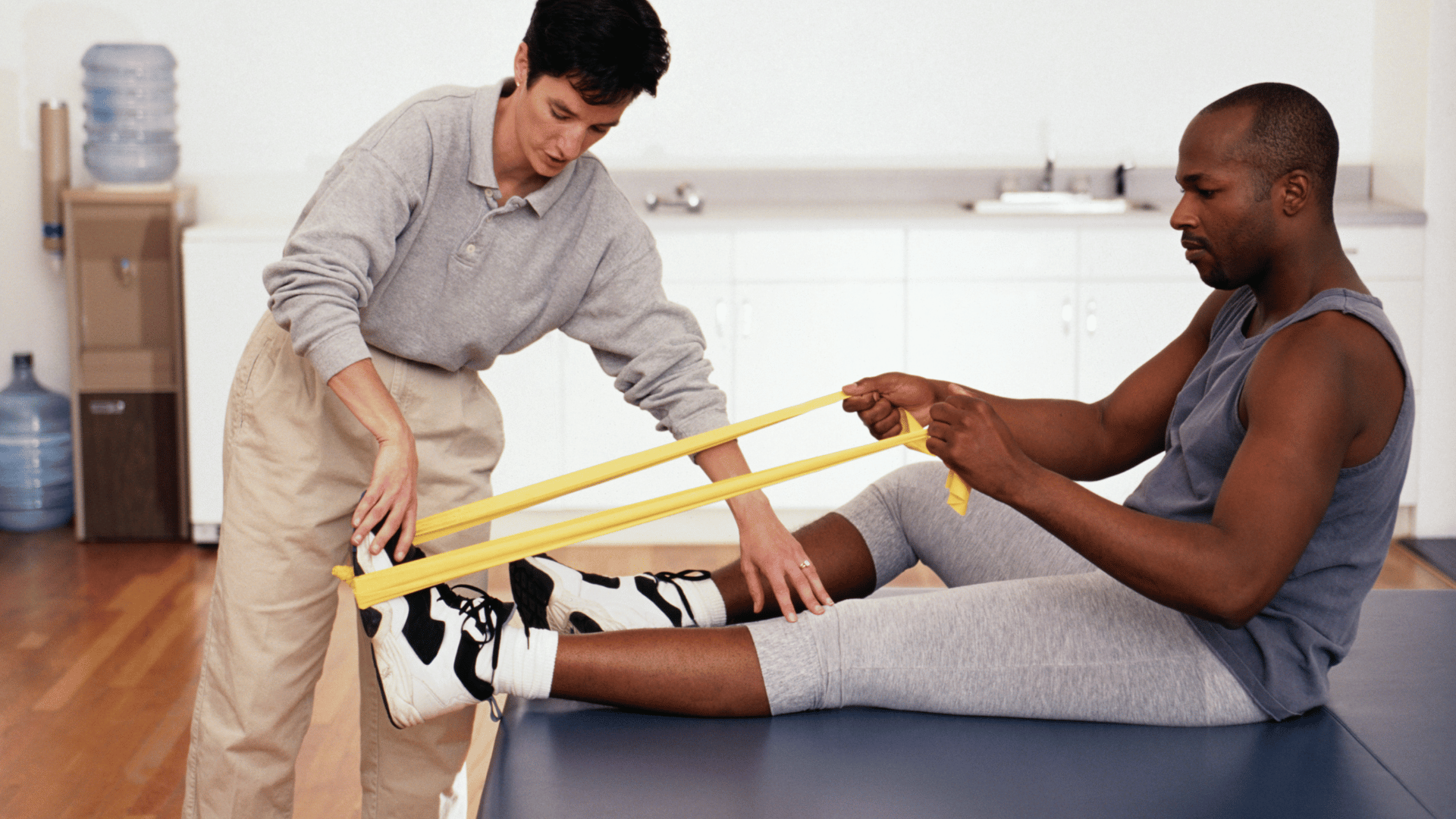In the realm of physical therapy, the choice of tools and methods can significantly impact the rehabilitation journey of patients. While conventional therapy exercises hold merit, integrating resistance fitness equipment can elevate treatment outcomes. From facilitating targeted muscle activation to promoting gradual strength recovery, the incorporation of resistance fitness equipment in physical therapy sessions offers a multitude of benefits.
Precision Muscle Activation:
Resistance fitness equipment enables physical therapists to precisely target specific muscle groups during rehabilitation sessions. Whether utilizing resistance bands, weights, or other equipment, therapists can tailor exercises to address individual patient needs, facilitating muscle strengthening and enhancing motor control.
Diverse Rehabilitation Options:
The versatility of resistance fitness equipment provides physical therapists with a wide array of rehabilitation options. From traditional strength-building exercises to functional movements tailored to daily activities, these tools offer diverse approaches to therapy. Additionally, therapists can adjust resistance levels to accommodate varying degrees of injury severity and patient progress, ensuring customized rehabilitation plans.
Gradual Progression and Intensity Management:
Compared to conventional rehabilitation exercises, resistance fitness equipment allows for controlled progression and intensity management. Therapists can incrementally increase resistance levels as patients regain strength and mobility, fostering gradual rehabilitation without overwhelming the body. This controlled progression promotes optimal recovery while minimizing the risk of setbacks or overexertion.
Functional Movement Integration:
Functional movement training, which replicates real-world activities, is integral to many rehabilitation programs. Resistance fitness equipment facilitates the integration of functional movements into therapy sessions, helping patients regain strength, stability, and coordination relevant to their daily lives. By engaging multiple muscle groups simultaneously, these exercises promote holistic recovery and improve overall functional capacity.
Injury Prevention and Long-Term Health:
Beyond rehabilitation, resistance fitness equipment plays a vital role in injury prevention and long-term health maintenance. Through targeted exercises and strength-building activities, therapists can help patients prevent future injuries and promote musculoskeletal health. Additionally, resistance training has been shown to enhance bone density and joint integrity, mitigating the risk of future injuries and supporting overall well-being.
Start Your Resistance Journey With NouFlex!
In summary, the incorporation of resistance fitness equipment into physical therapy practices offers a myriad of benefits for both therapists and their patients. From precise muscle activation and diverse rehabilitation options to controlled progression and injury prevention, these tools enhance the effectiveness of therapy sessions and contribute to improved patient outcomes. By embracing resistance fitness equipment, physical therapists can empower their patients to achieve optimal recovery, regain functional independence, and lead healthier, more fulfilling lives.



